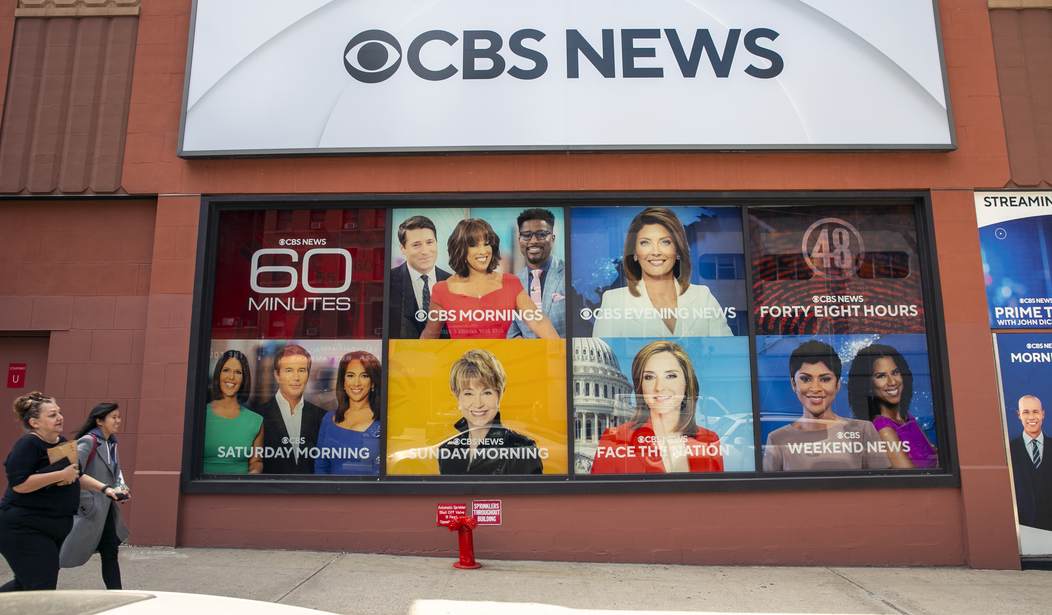Back in the late 1960s, one of my duties as a news assistant aspiring to become a newspaper reporter on a big-city newspaper was to answer phone calls from readers.
They were not always the most informed, relevant, or pleasant questions. But I had been instructed to be polite to everyone, which I was. If only because my desk was directly outside the Big Editor's office.
I assume searching for bias, some callers, for instance, demanded to know a correspondent's religion. I professed ignorance.
One day, a woman called with a conspiratorial tone. She said she had a big story but could not reveal it that day. I asked her why then she had called.
She wanted me to beg. I said sometimes if we know about a big story in advance, we can make plans to cover it fully.
She thought a moment, then asked if I knew about the then-new aircraft carrier, the John F. Kennedy. I said, of course. It had recently sailed on its first mission.
Right, she said. Well, where is it now? I confessed ignorance of its precise location.
Exactly, she said. It's just vanished! You need to do a story on its mysterious disappearance.
I explained that just because neither she nor I knew where the mammoth ship was did not necessarily require news coverage. The Navy did not want everyone to know every ship's location every day.
She grew angry. So, you're not going to uncover why the new ship disappeared. I said I had made notes, but a news story was unlikely.
"You, you medias!" she screamed. And she slammed down the phone, which people did in those days because they didn't own them. They merely rented them from the telephone company.
I mention this to demonstrate that anger and frustration over media is nothing new. What is newer is today's generation of news people are not really reporting the news in full. They are largely attempting to sell a narrative that suits their political perspective and wishes.
As a result, media's credibility and trust have cratered. That has created a lively, though not always accurate, alternative media. But it also seems to be forcing a few new and very wealthy owners of major media outlets to launch some major reforms and turn their giant enterprises more toward honest news coverage.
It's early in these changes. But it's very hopeful. And the reformers need encouragement. Those surprising changes and their positive possibilities are the subject of this week's brief audio commentary, which you can hear by clicking right here:
This week's Sunday column detailed President Trump's determined effort to bring peace, or at least a cessation of killing, in Ukraine from Russia's invasion. Vladimir Putin is infamous for dragging out talks of any kind to achieve his end goals, no matter what. And he doesn't care how many people die as a result.
After showing an extraordinary amount of diplomatic patience, the American president has just imposed perhaps the most strict set of economic sanctions on Russia, this time on that country's two largest oil companies.
He's trying to choke off some of the lucrative revenues from oil sales that Putin used to finance his war on Ukraine's independence. Such sanctions, which have been imposed on Russia by the U.S. and the West since 2008, when Putin began his territorial annexations of neighboring countries, have had harsh effects on the country's citizens and economy.
But they have failed to change Russian policies. Trump hopes more sanctions may push Putin at least to a ceasefire:
Seeking His Biggest Deal Ever, Trump Finally Jacks Up Pressure on Putin. But...
The most recent audio commentary took a look at how in the world Democrats are going to position themselves for the 2028 presidential election. They have yet to address their malfeasance and guilt over trying to sell the country on a reelection of Joe "It's the God's Truth" Biden and then on his half-wit political partner.
Thankfully, Americans saw through the charade, no thanks to the mainstream media, which acted curiously uncurious about the incoherent president and 30-watt vice president.
We'll see what the lasting impact of that is in 12 months in the midterms. But who, beyond a couple of ambitious governors presiding over states that are disasters, might emerge from that small crowd as the party's next standard-bearer?
I had an idea, based on some personal knowledge, of who that wily person might be: Who Will Save Democrats from Themselves in 2028?













